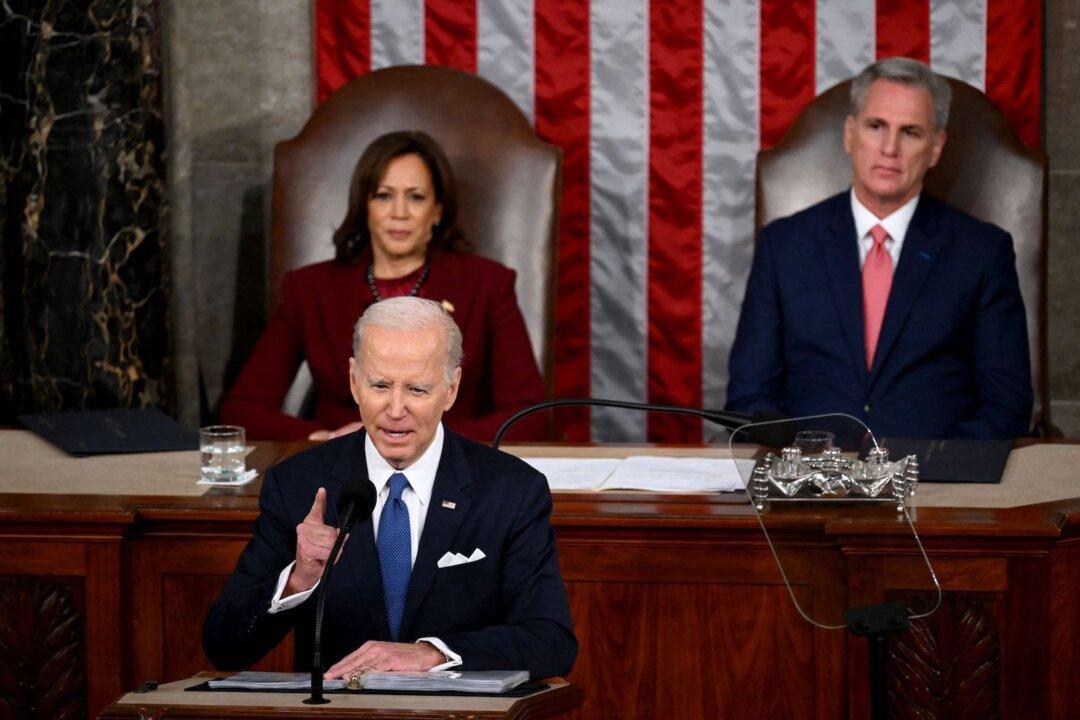President Joe Biden will have cut spending over 10 years by an amount equal to any requested increase in the debt ceiling if a Republican proposal becomes law.
Announcement of the bill came on the same day Senate Democrats chided Republicans for their unwillingness to provide details of the spending cuts they insist must be made in exchange for an increase to the nation’s debt ceiling, which will be breached no later than September.





